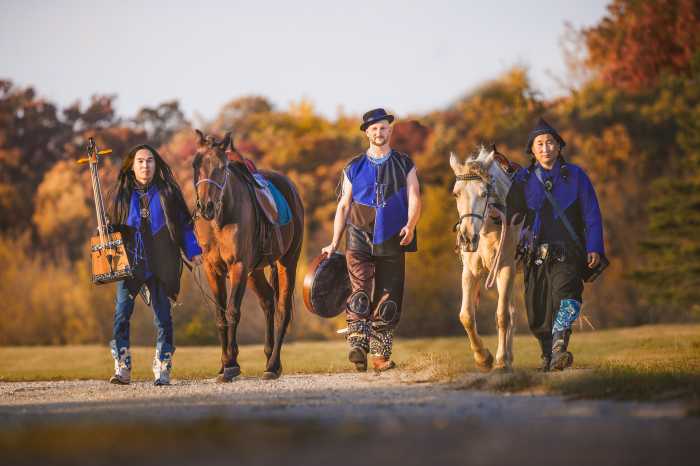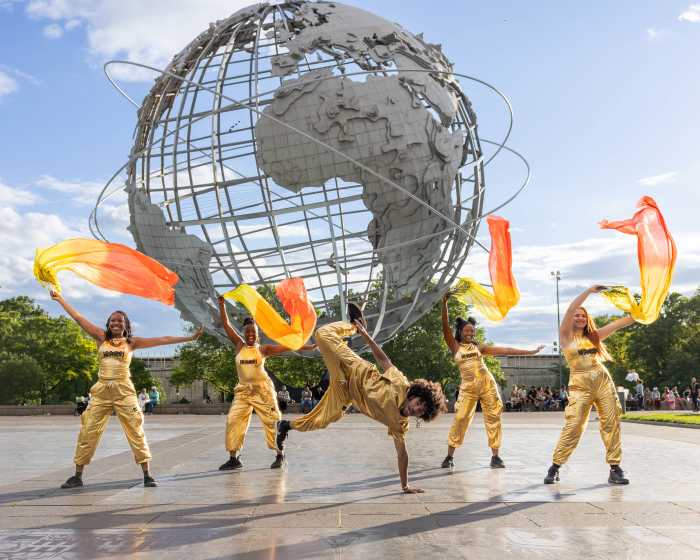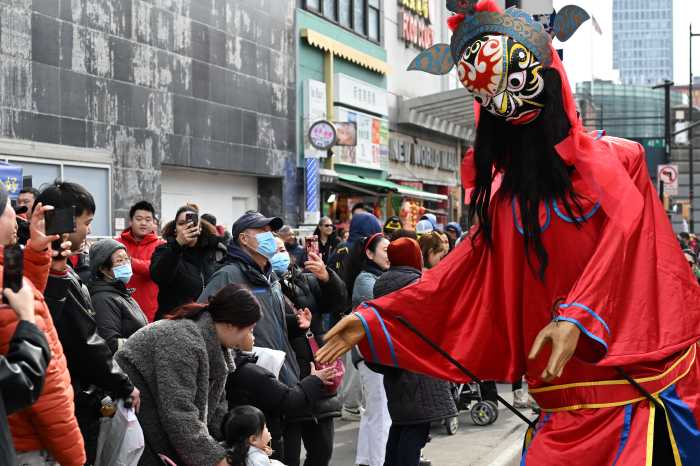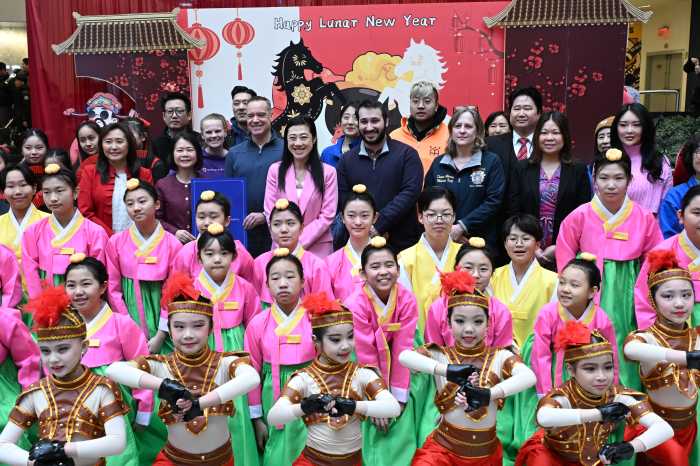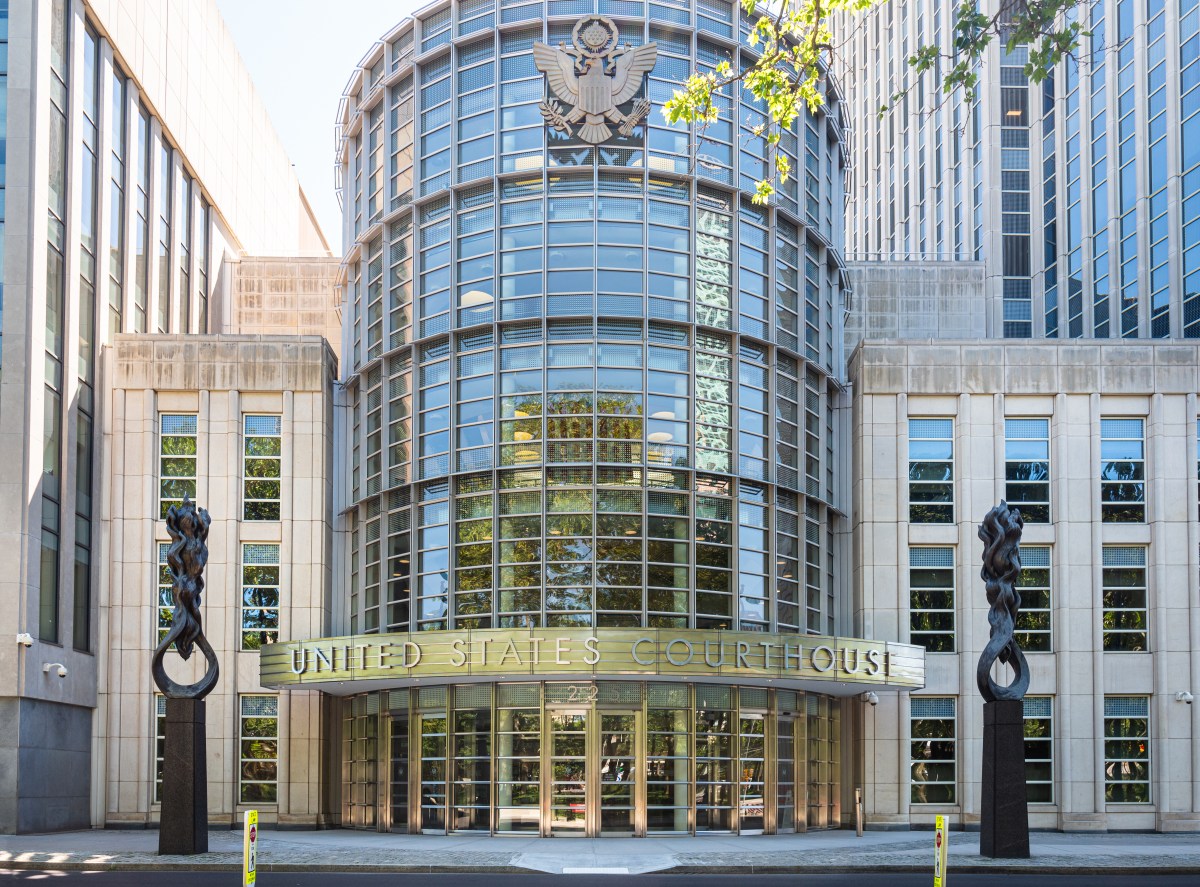Douglaston resident Michelle Li has been hard at work over the last few months working as a costume designer for the Comedy Central show “Awkwafina is Nora from Queens.” With the show’s third season set to premiere as early as this spring, Li is proud of the fact that she gets to work on a television show set in the borough she has called home for most of her life.
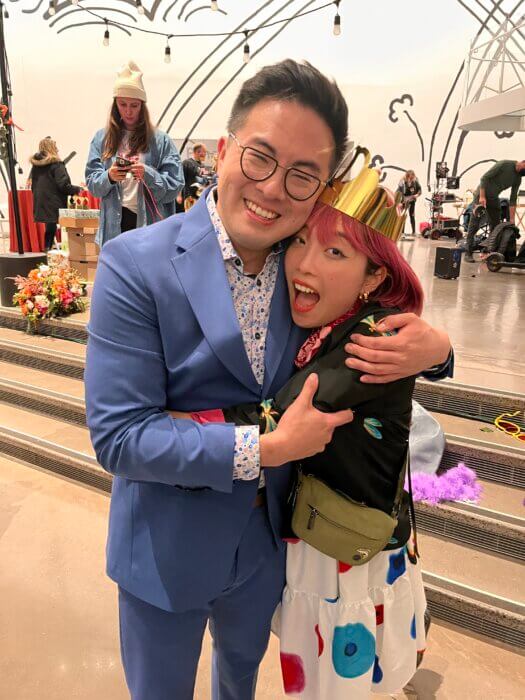
Li, a Chinese-American, was raised in Douglaston. After graduating from Carnegie Mellon University in 2019, she returned home to Douglaston, where she still resides. This makes her trips to the show’s studio at Kaufman Astoria Studios much easier.
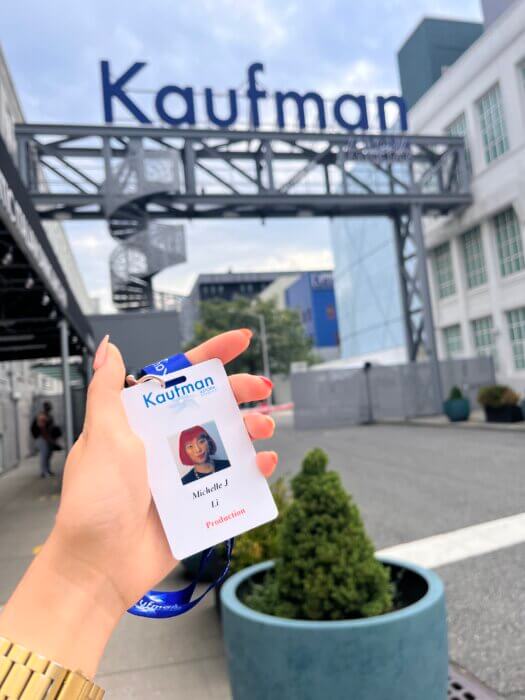
“It brings me a lot of pride to work on a show that is about Queens,” Li said. “I feel like when I got the opportunity to design this project, it was really special. I have more recent experience working in independent film on the New York production aspect for the smaller companies that are like the bread and butter for when you try to break into the industry.”
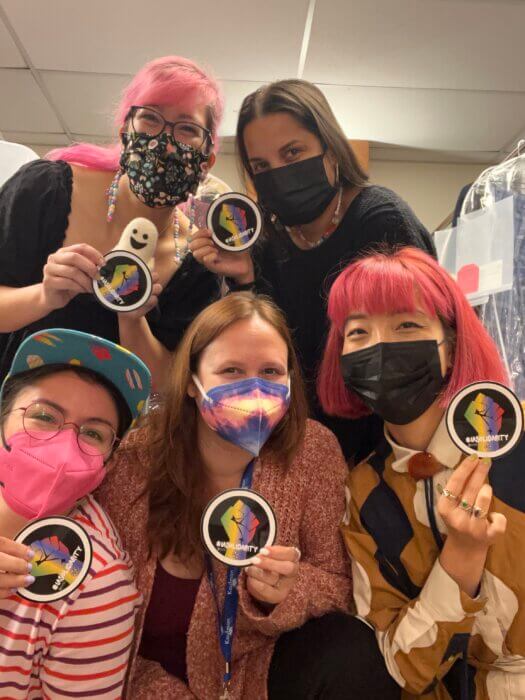
Through her work on the show, Li has seen firsthand how filming locally can positively impact nearby small businesses. Many of the cast and crew go out to nearby restaurants after wrapping filming for the day. Li said she often goes to local crafts stores to purchase materials and supplies that she uses to design costumes for the show. She stressed the importance of supporting these local small businesses.
“Many of the businesses in the area [of Astoria Kaufman Studios] are local mom-and-pop shops,” Li said. “We would support them by going out after work, going to their restaurants and the many different local stores and vendors. If we needed something for costumes, we would run into the local corner store to go pick up buttons, fabric, notions. By having our presence in Queens, we were able to spend dollars to support the local people who are also living in the neighborhood.”
Li voiced her support for New York state expanding the film tax credit. This item is proposed as part of Governor Kathy Hochul’s latest budget, due April 1. According to Li, she believes this will lead to creating more well-paying jobs as well as growing the local economy in areas like Queens.
“I think that expanding the tax incentives for the 2024 budget would be really important,” Li said. “Supporting local businesses and hiring local individuals, it all comes back to impact the community.”
Hochul has proposed increasing the state’s film credit from $420 million to $700 million a year. Additionally, the rebate would rise from 25% to 30%. In an effort to compete with states popular with filmmakers like California and Georgia, New York would be offering 5% additional credit for shows to relocate for for two years. In order to qualify for the additional credit, these shows must spend at least $1 million per episode and have at least six episodes produced in any other state.
Hochul also proposed making above-the-line costs eligible for a credit and to speed the payment of credits as soon as productions are finished. Above-the-line salaries would qualify as up to $500,000 per person, with above-the-line tax credits topping out at $15 million per production.
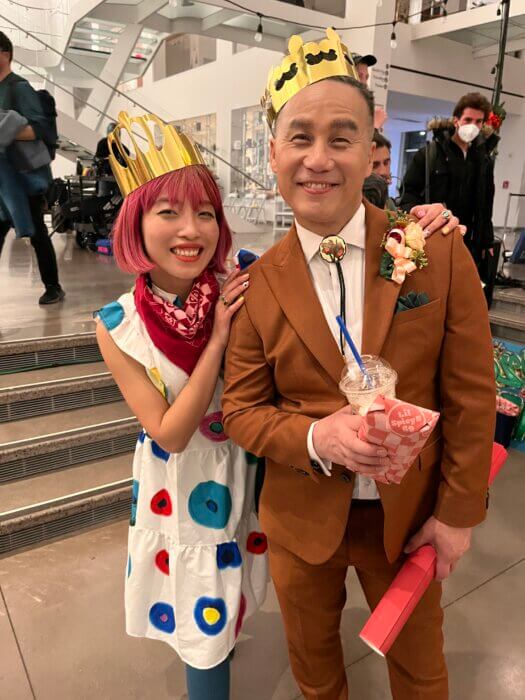
“Awkwafina is Nora from Queens” premiered on Comedy Central in January 2020. In addition to Awkwafina, the show also stars Lori Tan Chinn (“Orange is the New Black”), Bowen Yang (“Saturday Night Live”) and BD Wong (“Law & Order: Special Victims Unit”).
While the show takes place in Elmhurst, much of the filming for the show has taken place in other parts of Queens, including Li’s home area of Douglaston.
Li views Douglaston as a small and intimate community, especially compared to the rest of the borough.
“I would go back to locations where I remember growing up visiting. One of our final filming locations was the Queens Museum in Flushing Corona Park. I remember that day of filming, going to set and watching the sun rise and just thinking I cannot believe I’m back here, working on a production that takes place in a neighborhood I grew up in.”
Li also brought up the fact that Douglaston is home to a large Asian American community. She noted how she and the rest of the show’s production wanted to bring the large Asian American representation found in Douglaston and other parts of Queens to the show in a variety of ways.
“It was really important for me to seek out other Asian American creatives to hire on my production,” Li said. “I worked with upcoming Asian American designers and upcoming fashion labels to really incorporate and support their local businesses into the look of our show. I also worked with local New York City designers who were Asian to support their rise into the industry, too. I think in general it created jobs for underrepresented groups in film and television. If it weren’t for this production as the result of the good tax credit that New York currently has and the desire to expand the tax credit, some folks like myself wouldn’t have had the opportunity to design a production like ‘Nora from Queens.'”


